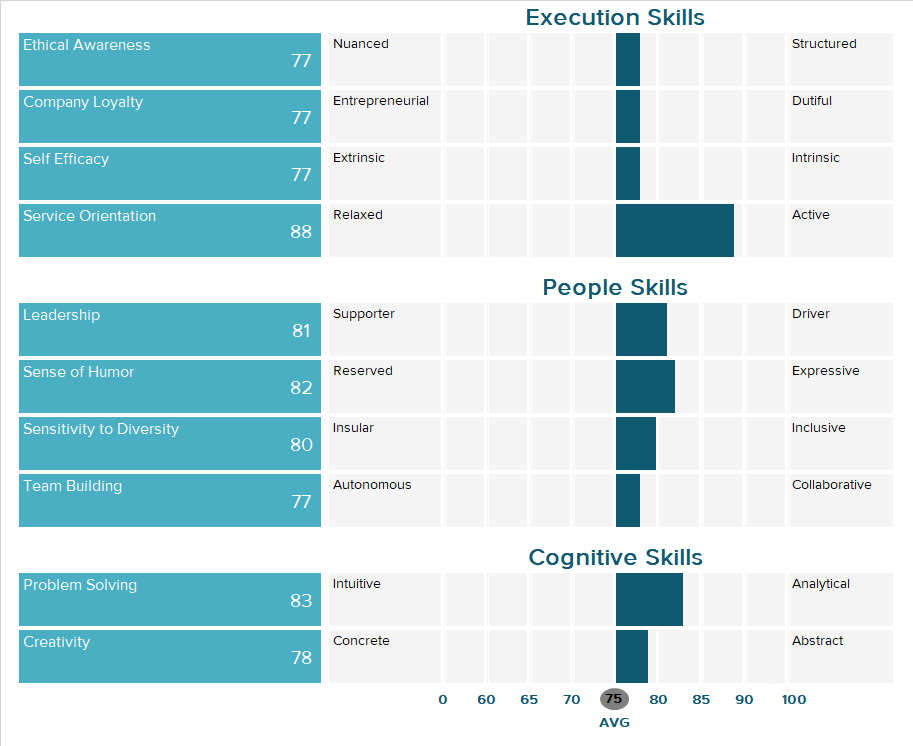Profiling Successful Chief Commercial Officers: The Rising Role Driving Alignment and Enterprise Value
A 2009 article in Supply & Demand Chain Executive was perhaps the first authority that began publicly highlighting the increased emphasis and value-proposition of having a Chief Commercial Officer (CCO) in the C-Suite. This role has complexity, nuance and diversity that transcends that of a President, Vice President or even Chief Operating Officer. The aim is to better harness the entire commercial power of an organization and brand. In simple principle, this means being responsible for aligning commercial strategy and the development of an organization, but in practice it entails a myriad of competencies and activities tied to marketing, sales, product development and customer service, which when properly integrated, drive business growth and market share. The role can be notoriously difficult to fill with a “superstar” because it demands a professional with domain knowledge of the relevant field combined with strong marketing, financial, business development and technology skills. Arguably the role becomes even more specialized in the hospitality industry, whereby internal and external brand promises hinge on a dedicated people-first mentality.
The Role of the Chief Commercial Officer
Organizations are increasingly handing their CCO’s global responsibility for four major verticals – global sales, revenue and distribution, e-commerce, as well as brand and marketing communications. By moving away from a traditional structure where both the sales and marketing functions are bifurcated and instead bringing the functions together under a single point of leadership, businesses are more efficiently and effectively connecting the dots and thus aligning priorities and objectives. In doing so, the CCO drives an organization towards the personalized wants and needs of its customers. It also gives CEOs another informed voice to help shape an organization ‘big picture,’ as well as a new right-hand leader for all the company’s consumer-facing activities that stem from the strategic vision. The CCO is the new, holistic internal strategist and external spokesperson that CEOs lean on for how the company should interface with its customers to drive growth.
Defining the Chief Commercial Officer Profile
Undoubtedly, CCOs need a threshold of experience to be successful. They ideally are well-versed in all facets of the commercial side of our business and have the business acumen to develop and execute strategic initiatives across multiple disciplines and layered stakeholders. Yet, like any senior level role, having the optimal mix of core competencies is imperative – albeit not always recognized or well defined. Leveraging Aethos’ proprietary psychometric assessment – 20|20 Skills – we can gain insights beyond traditional and outdated personality testing to measure ten core competencies that predict executive-level success. In particular, these ten competencies, attitudes and knowledge areas define three high-level dimensions of performance:
- Execution skills: Measuring Self-effectiveness, Loyalty to Company, Process Orientation and Service Orientation;
- People skills: Measuring Team Building, Sense of Humor, Leadership, and Sensitivity to Diversity;
- Cognitive skills: Measuring Creativity and Problem Solving.
We calculated the aggregate 20|20 Skills profile for an elite sample of “superstar” CCOs for which Aethos™ had first-hand knowledge of outcomes. The result is a data-driven success profile that hospitality-driven companies and cultures can hire and train against.
Specifically, we found that effective CCOs tend to be strong generalists across Execution, People and Cognitive skills and are seen to be highly versatile. They are characterized by high Service Orientation, strong analytical and numerical Problem Solving, ample Humor that promotes resilience and perspective, as well as Leadership that is grounded in a “servant” mindset – i.e., those who define personal success as their ability to make others successful. They are also self-driven, strategic individuals with a good capacity for team-building, respect and sensitivity to others. It is worth noting is that this CCO profile mirrors that of effective CEOs. They too have the strong generalist skill-set, accompanied by a decidedly strategic acumen.
The Future of the Chief Commercial Officer
So, what does the future hold for the Chief Commercial Officer? As hospitality organizations pivot and hone their overall commercial strategy in this ever-changing and consumer-driven industry, the CCO must ensure that the organization likewise follows suit to build and sustain an organizational and culture that adapts to these market forces. This doesn’t necessarily mean we will see every company adopt the CCO role, but we believe that a greater number of organizations will move in this direction to establish a true keeper and strategist for commercial functions.
We also predict that in due course – maybe over the next five years or so — we will see increasingly more Chief Commercial Officers move into CEO or President roles. Historically, the CEO or President seat comes from the operations or finance side of the business. Although this trend likely will continue, we anticipate a shift in leaders coming from functional verticals that are closer to consumers. Additionally, our analysis indicates that CCOs readily have the overall skill-set and DNA to transition to the top role – assuming they are proactively groomed to handle the many subtleties, pressures and issues of executive presence that come with the CEO title.

